Potopení a zachránení
- 184 stránok
- 7 hodin čítania
Vo svojej slávnej eseji Potopení a zachránení (1986) Levi zhrnul štyridsať rokov svojich úvah o fenoméne holokaust...
Primo Levi bol chemik a spisovateľ, ktorého diela skúmajú ľudskú skúsenosť, pamäť a etiku s hlbokým vhľadom. Jeho písanie, často čerpajúce z jeho osobných skúseností, sa vyznačuje pokojom, presnosťou a pozoruhodnou schopnosťou porozumieť zložitosti ľudskej povahy. Vytvoril nadčasové diela, ktoré odrážajú nebezpečenstvá nenávisti a dôležitosť morálneho postoja.


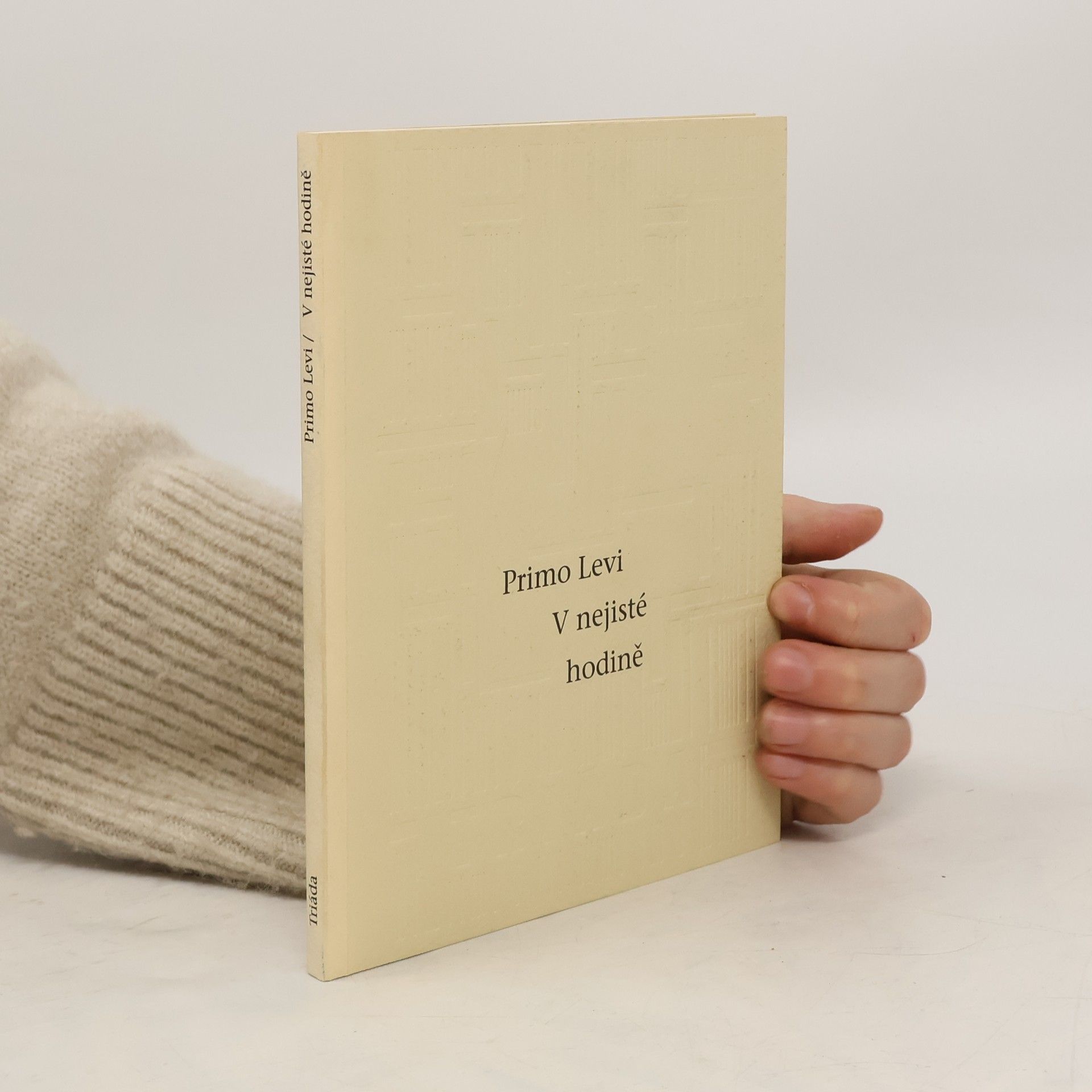
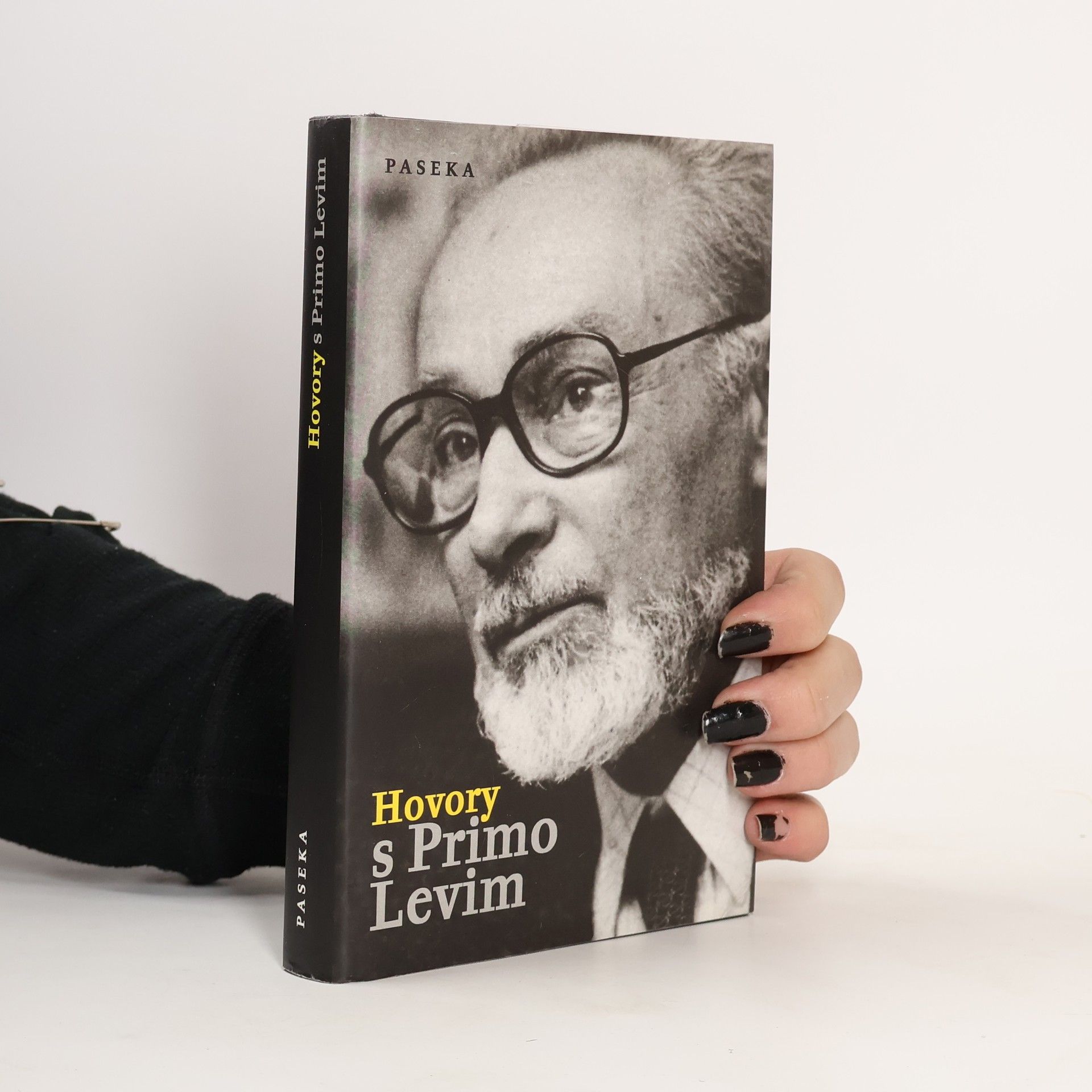
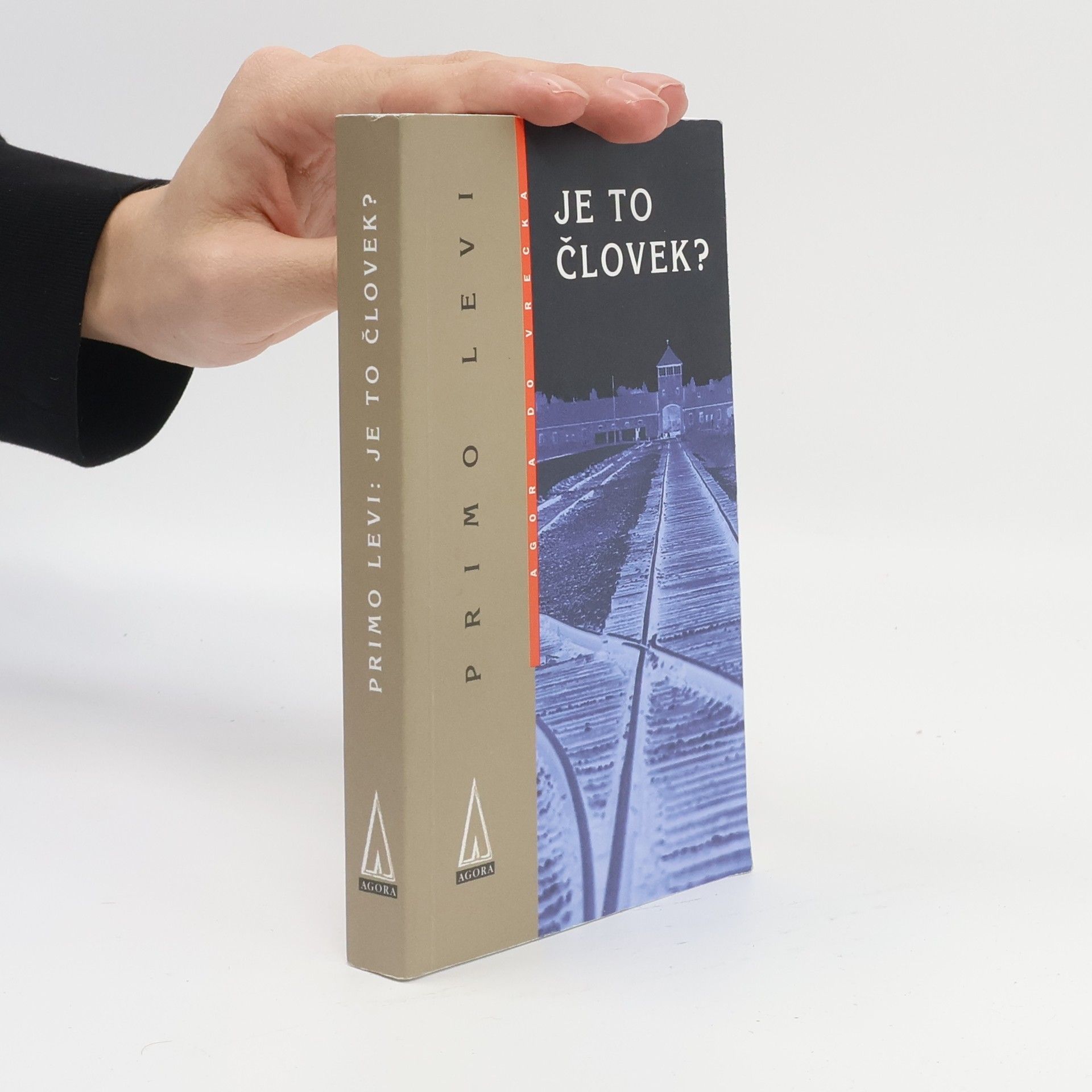
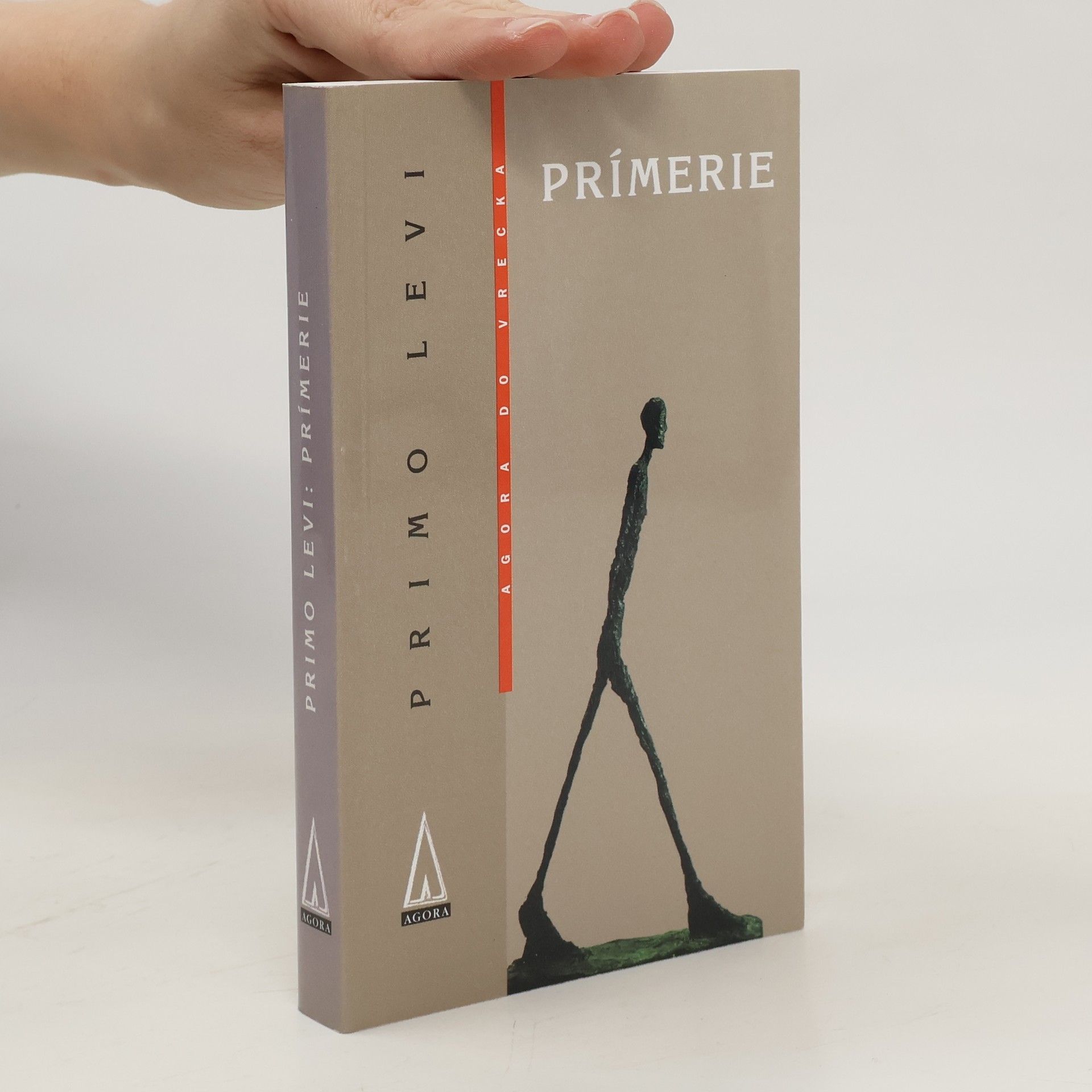
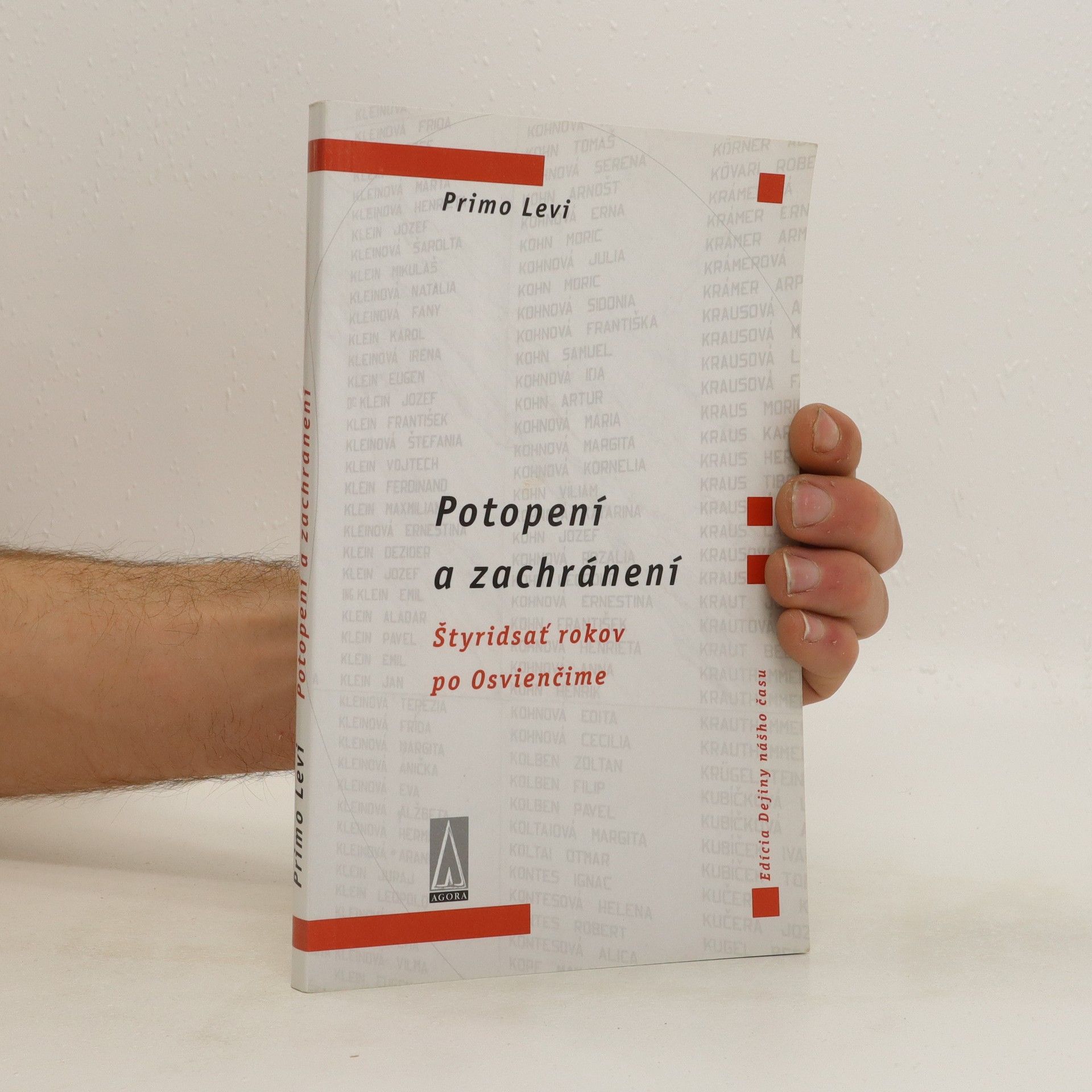
Vo svojej slávnej eseji Potopení a zachránení (1986) Levi zhrnul štyridsať rokov svojich úvah o fenoméne holokaust...
Priame pokračovanie knihy Je to človek, ktorú autor napísal pod dojmom osobnej skúsenosti z Osvienčimu. Príbeh o nezmyselne dlhom a nezmyselne zložitom návrate skupiny Talianov, ktorí vyviazli z nacistických táborov.
Kniha je jedným z najsilnejších svedectiev o koncentračných táboroch vôbec. Sila Leviho svedectva tkvie v tom, že svoju knihu začal písať ešte v Osvienčime a dopísal ju krátko po návrate do Talianska. Zachytil výhradne udalosti, ktoré sám zažil.
Osud připravil Primo Levimu, racionálně uvažujícímu vědci-chemikovi, v soukromí plachému a odtažitému muži, prazvláštní úděl: udělil mu dar slova, dar vypovídat o zkušenostech z Osvětimi. Postupem doby, kdy se Levi stává veřejnou osobností a jedním z nejznámějších světových židovských spisovatelů, se ho novináři začínají detailně vyptávat na jeho život a práci, na pobyt v koncentračním táboře, na vztah k judaismu a politice, ale i na mnohem subtilnější témata: problém viny a trestu, odpuštění, nenávisti, víry v Boha. Nejdůležitější rozhovory Primo Leviho, ať už poskytnuté novinám nebo rozhlasu, nyní vycházejí knižně, rozčleněné do pěti tematických oddílů. Vybral, uspořádal a poznámkami opatřil Marco Belpoliti.
Verše významného italského autora napsané v letech 1943 až 1984. V souboru uplatňuje autor zkušenost člověka, který poznal peklo vyhlazovacích koncentračních táborů. Verše jsou psány vytříbeným stylem a dokonale přetlumočeny do české verze.
If I'm not for myself, who will be for me? If not this way, how? If not now, when?' So runs the Song of the Partisan. This enthralling novel pays tribute to the Jews who fought back during the holocaust. Based on a true story, it chronicles the adventures, crises and moral struggles of a group of Russian and Polish refugees as, stranded in occupied territory, they offer what resistance they can to the German army.
Román italského spisovatele židovského původu líčí v jednotlivých povídkách, spojených postavou vypravěče a pojmenovaných jmény prvků, zápas chemika se záhadami chemie, zápas, do něhož se promítá řada jeho životních zkušeností jako příslušníka generace vyrůstající v období fašismu. Doslov „Básnický dokument o jedné generaci“ napsal Vladimír Hořký.
Primo Levi's account of life as a concentration camp prisoner falls into two parts. IF THIS IS A MAN describes his deportation to Poland and the twenty months he spend working in Auschwitz. THE TRUCE covers his long journey to Italy at the end of the war through Russia and Central Europe. Levi never raises his voice, complains or attributes blame. By telling his story quietly, objectively and in plain language he renders both the horror and the hope of the situation with absolute clarity. Probing the themes which preoccupy all his writing - work love, power, the nature of things, what it is to be human - he leaves the reader drained, elated, apprehensive. With the moral stamina and intellectual pose of a twentieth-century Titan, this slightly built, duitful, unassuming chemist set out systematically to remember the German hell on earth, steadfastly to think it through, and then to render it comprehensible in lucid, unpretentious prose. He was profoundly in touch with the minutest workings of the most endearing human events and with the most contemptible
Levi's account stands out as a pioneering Holocaust testimony, crafted before the genre was formally recognized. It serves as a direct and painstakingly detailed diary, capturing the harrowing experiences of survival in unimaginable conditions. The narrative's straightforwardness enhances its impact, offering readers an unfiltered glimpse into the horrors faced during this dark chapter of history.
Interviews with the Holocaust survivor and writer reveal the many faces of Primo Levi, from his political polemicism to his thoughts on Jewish culture. 10,000 first printing.